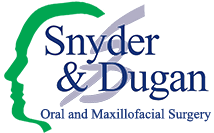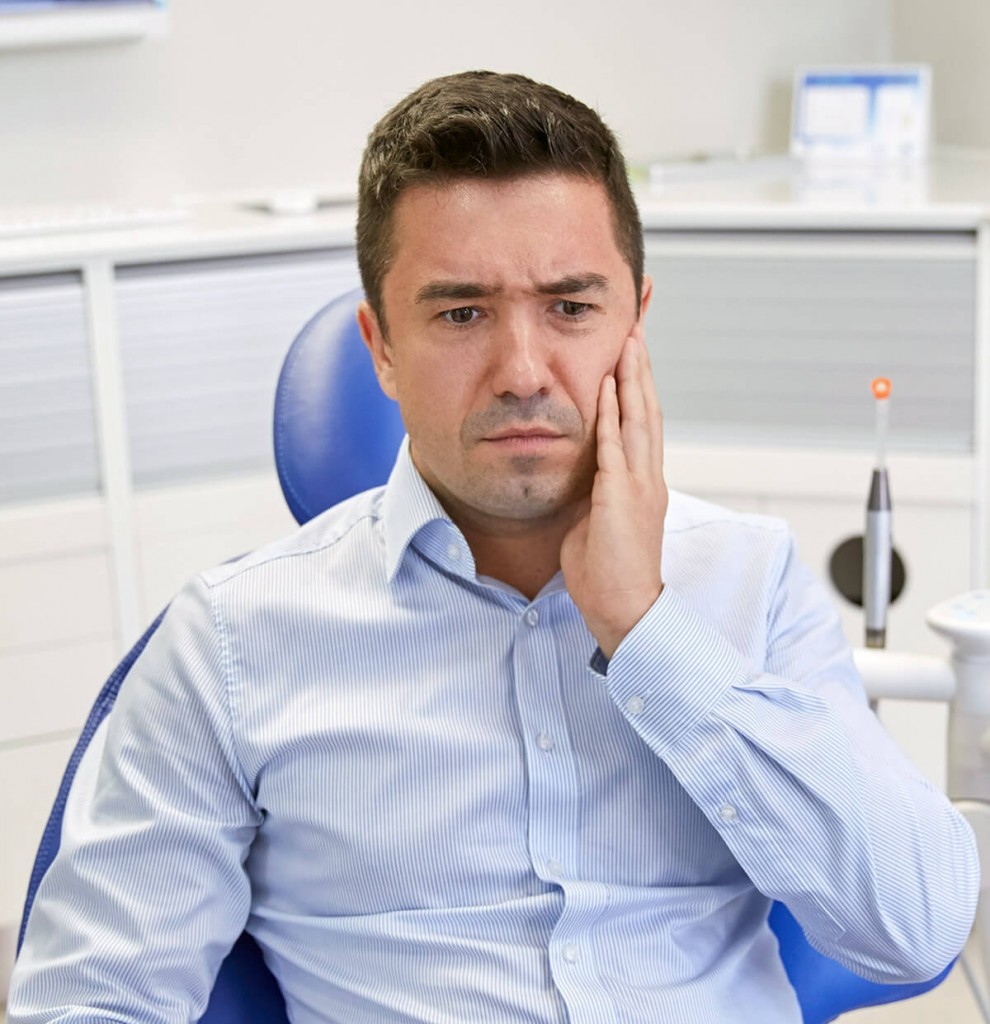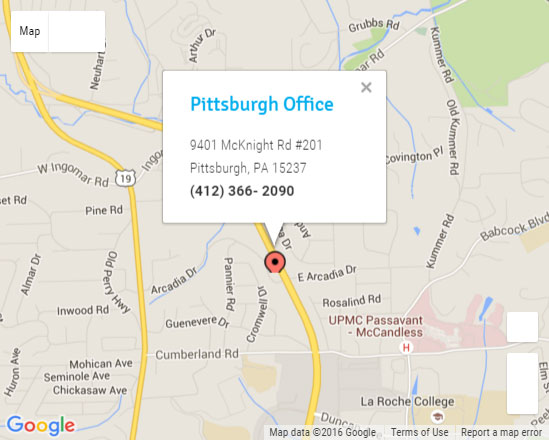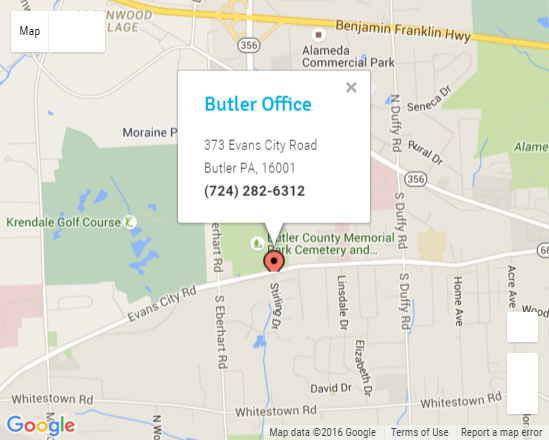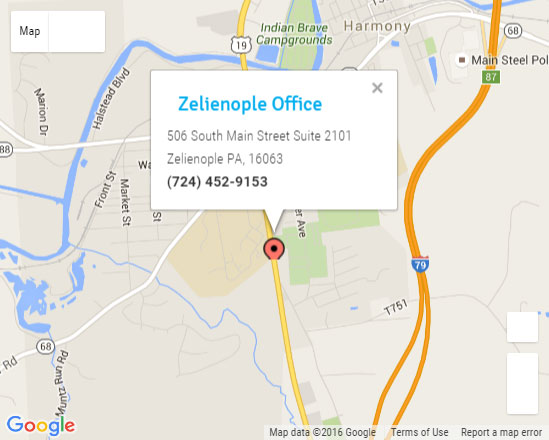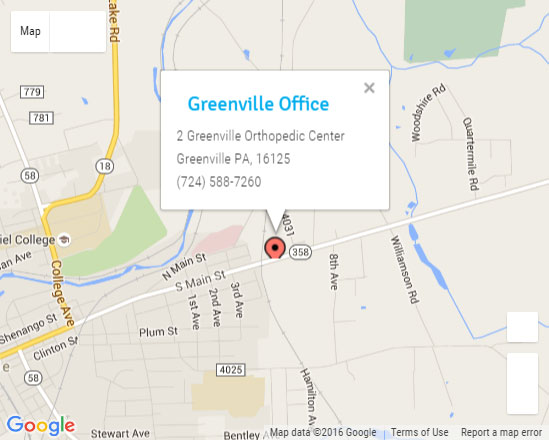Facial Trauma
The dental specialist performs the proper treatment of facial injuries. These professionals must be well versed in emergency care, acute treatment and long term reconstruction and rehabilitation – not just for physical reasons but emotional as well. Oral and Maxillofacial Surgeons are trained, skilled and uniquely qualified to manage and treat Facial Trauma. Injuries to the face, by their very nature, impart a high degree of emotional, as well as physical trauma to patients. The science and art of treating these injuries requires special training involving a “hands on” experience and an understanding of how the treatment provided will influence the patient’s long term function and appearance.
